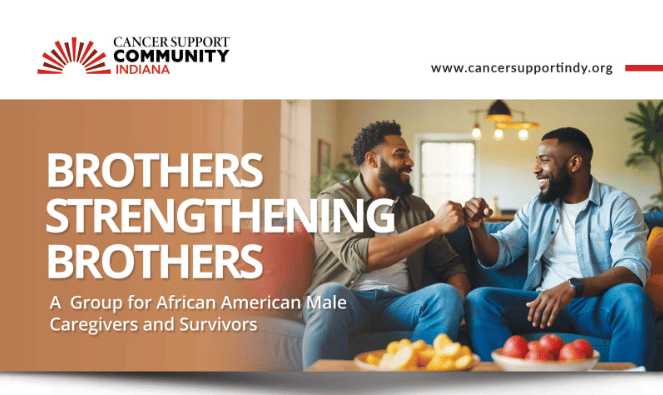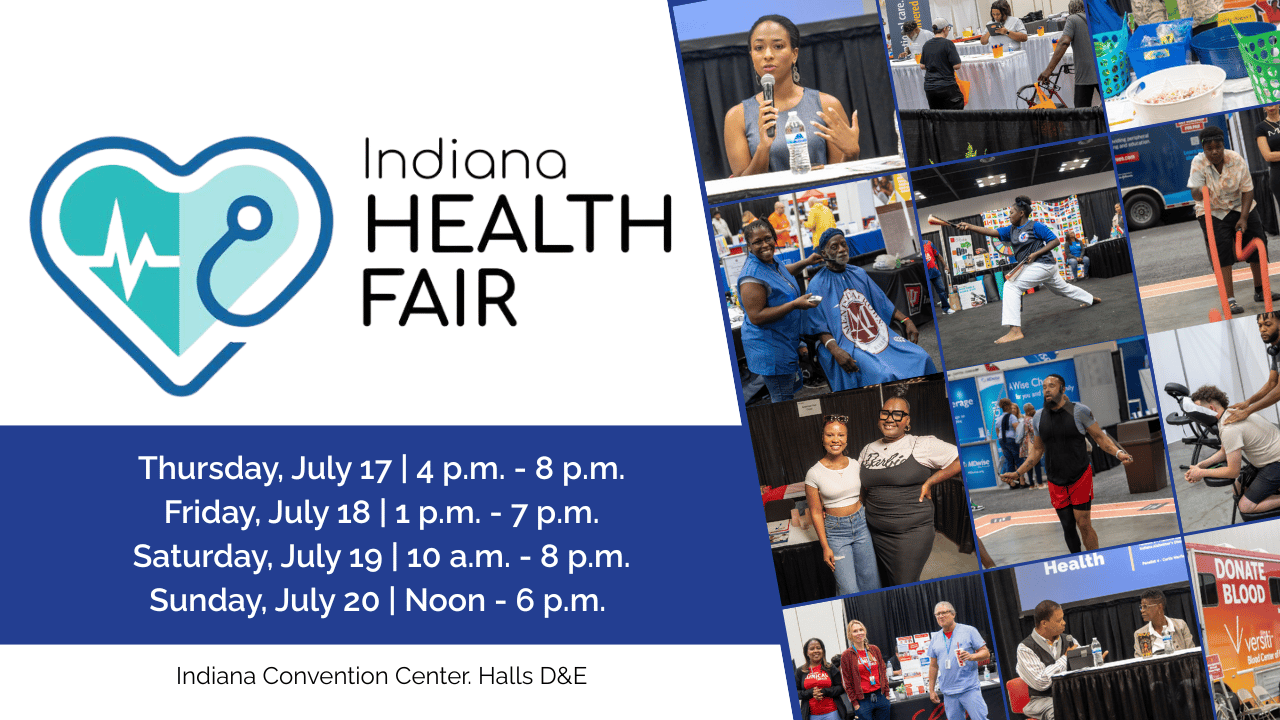When we talk about health equity, vision loss is rarely addressed, but it should be. With over 7 million Americans living with vision impairment (a number expected to double by 2050), the connection between eye health and social conditions is too important to ignore.
This week’s featured article unpacks how social determinants—like income, education, neighborhood safety, and access to care—directly influence your risk of vision loss. Just like high blood pressure or diabetes, eye health is shaped not just by biology, but by the environment you live in.
Let’s explore how we can close the gap and bring clarity, literally and systemically, to underserved communities.
Make it a great week!
Featured Resources 🙌🏾
Mindful Moment 😌
Pause, follow the guide below, and observe 3-5 DEEP breaths. Softly focus on what you see around you [shapes, colors, and light] and let your gaze ground you in the present moment.
Mindful Movement 🙆🏾♂️
This week's practice helps improve posture, balance, and stability, while also boosting your confidence from the inside out. Try it 2-3 times this week and notice how you feel after each time!

Mindful Reflection ✍🏾
When do I feel most energized, and when do I feel most drained?
Share your responses with us on Threads, and be sure to #balanceperiod
Affirmation 🗣️
Say this to yourself silently or out loud:
"I honor what fuels me and release what depletes me."
Upcoming Health/Wellness Events 🗓️

Brothers Strengthening Brothers
This monthly gathering is intended to be a place where Black men who are either cancer patients or caregivers can connect to discuss experiences, difficulties, and successes.
- Saturday, July 12th, from 9:30 to 11:00 AM EDT
- Cancer Support Community [5150 W. 71st Street, Indianapolis, 46268]
|
|

Indiana Health Fair
This 4-day event provides access to free health screenings, education, and resources to help individuals and families lead healthier lives. Attendees will be able to access more than $4,000 in health screenings and examinations at no cost, including vision, blood pressure, cancer, diabetes, dental care, and more.
- July 17th to July 20th [see times on graphic above]
- Indiana Convention Center – Halls D&E [100 S Capitol Ave, Indianapolis, IN 46225]
|
Social Determinants & Vision Loss: How Where You Live Shapes What You See 👁️✊🏾
Did you know that where you live, learn, work, and play can directly affect your vision? A CDC report shows that factors like low income, limited education, and poor access to care make some people twice as likely to be blind or have serious vision problems, even with corrective lenses.
Understanding the Problem
Vision loss isn’t just about aging eyes; it’s also about social and economic factors:
- Economic status: People in poverty or without jobs report higher rates of blindness compared to those who are more economically secure.
- Education gap: Adults without a high school diploma are far less likely to have regular eye exams than college graduates.
- Neighborhood impact: Living in unsafe or resource-poor areas often leads to higher diabetes rates, which increases the risk for diabetic retinopathy and vision loss.
- Healthcare access: People with eye impairment often lack proper insurance, transportation, or accessible providers, making follow-up care harder.
Why This Matters
An estimated 7 million Americans experience vision impairment, and those numbers may double by 2050. Vision loss doesn’t just affect sight—it’s tied to chronic diseases and reduced independence. Fortunately, many cases are preventable with early detection, affordable treatment, and public health support.
What You Can Do
Help make vision care more available and equitable:
- Schedule regular eye exams: Especially if you have diabetes, high blood pressure, or a family history of eye disease.
- Seek community-based screenings: Eye screenings at local centers or churches can be a great first step.
- Ask questions at your clinic: Say, “I need help with transportation” or “What low-cost glasses options are available?”
- Share the message: Talk with family and friends about how factors like income and education affect eye health.
- Support local eye-health programs: Volunteer, donate, or promote mobile screening events in your neighborhood.
Good vision is more than good eyesight; it’s the foundation of independence, connection, and success. By understanding the social roots of vision loss and stepping forward to support better eye care, we make clear vision possible for all.
Want extra resources or support? Email us at info@balanceperiod.com—we’re here to help.
Sources: Vision and Social Determinants of Health (SDOH), Social Determinants and Vision Loss, Association Between Social Determinants of Health and Examination
Subscribe & Earn 💌
Looking for ways to boost your wellness and get rewarded for it? Subscribe to the Generational Wellness Digest and join our referral program! Share the love—refer a friend and get a free Mindful Merch when they sign up. It’s a win-win for your health and theirs!
Your Opinion Matters! 🙏🏾
We create this content with you in mind! Your feedback helps us make the Generational Wellness Digest even better. Let us know your thoughts on today’s volume so we can continue delivering value and inspiration that supports your wellness journey.
| What did you think of today's volume? |
|
|
|
|